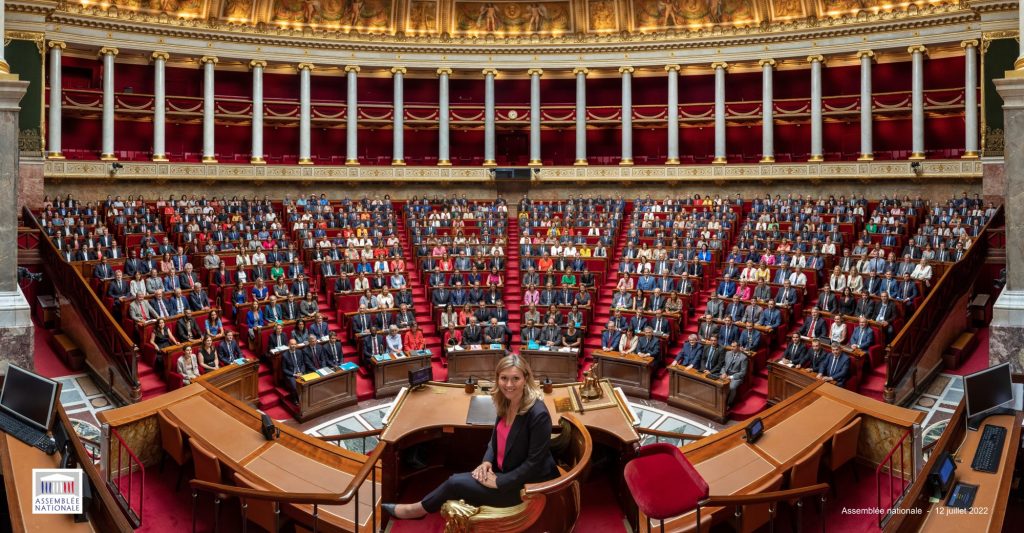ConstiRep

Constituency Service and Policy Representation in European Parliaments

This collaborative project ambitions to shed light on parliaments’ representative (or linkage) function connecting citizens, and in particular young people, to authoritative decision-making. The representation of young people in parliaments has long interested political scientists because it constitutes an essential component of a fully-fledged democratic system. While much of existing scholarly work focuses on the underrepresentation of young people among MPs and elected officials, there is still a lot to be learned about their substantive representation. This project aims at contributing to this debate by focusing on the extent, how and why parties in parliament use a classical tool such as parliamentary questions to explicitly cater to their younger constituencies. To do so, it applies a most different systems design and selects countries with the most diverse electoral rules, as the latter have been shown to strongly affect the link between legislators and their constituencies. The empirical analysis thus relies on a systematic comparison of parliamentary questions in France and in Italy.
Autres Membres : Enrico Borghetto (Department of political and social sciences, University of Florence, Italy); João Cancela (Department of Political Studies, NOVA University of Lisbon, Portugal); Marco Lisi (Department of Political Studies, NOVA University of Lisbon, Portugal)
Publication associée: E. Borghetto, J. Cancela, Marco Lisi and J. Navarro, ‘Who cares for younger generations? An analysis of young people’s parliamentary representation in France and Italy’, Paper presented at the ECPR Joint Sessions of Workshops, Sciences Po Toulouse, 2023
Financeurs du projet: Campus France – Agence française pour la promotion de l’enseignement supérieur, l’accueil et la mobilité internationale